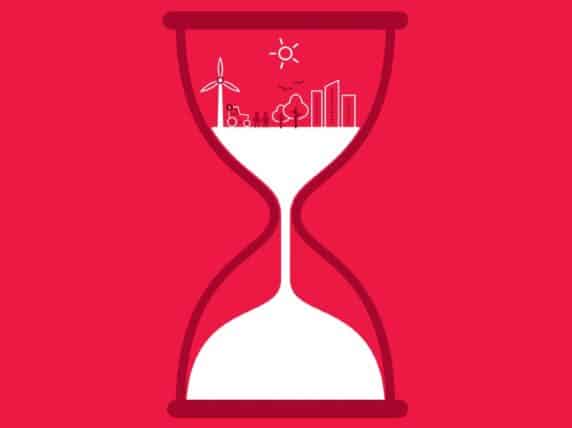Financing injustice
Last week, the super-rich elite descended from their mountain retreat in Davos, congratulating themselves on putting the world to rights.
We should remind ourselves of the world that they helped to create. Economic inequality continues to grow. Nearly half the world’s poor nations are either at risk of debt distress, or already there. Two-thirds of governments are enacting austerity measures that deny basic services to the poorest. And yet the concentration of wealth at the top means the few continue to run away from the rest of us.
We will not tackle injustice by putting the interests of the rich ahead of the interests of the poor. Yet, more and more, it seems to be accepted that the only way for poor people to receive the benefits of “development” is to allow rich people to become richer.
We hear, again and again, that the volume of finance needed to achieve the Sustainable Development Goals (SDGs) can come only from “incentivising” the private sector to invest in developing countries. The UK government has made this assumption explicit in development strategies and public declarations, while the World Bank has given clear messages that efforts to fill the SDG funding gap will prioritise global private sector finance.
In Christian Aid’s new briefing, Financing Injustice [PDF], we lay out our arguments for why we believe that this logic is flawed, both intellectually and ethically.
Unchallenged assumptions
International private investment, especially impact investment, does have a role to play in financing development. But as a recent report by Eurodad [PDF] explains, it has not historically been a major source of finance in poor countries – public finance and domestic private sector investment have been more significant. Even with a substantial push from governments, it is unclear whether the necessary flows of international investment will actually materialise. Yet, this assumption about the primacy of global investment for SDG financing goes largely unchallenged in mainstream development debate.
Subscribe to our newsletter
Our weekly email newsletter, Network News, is an indispensable weekly digest of the latest updates on funding, jobs, resources, news and learning opportunities in the international development sector.
Get Network NewsEven if international private investment flows can deliver the quantity of finance, there are real concerns about its “quality”. Development impacts from this kind of investment can vary significantly. Even with limited data, a recent review [PDF] suggests a bias at work: donors may too easily assume that such funding adds value that would not otherwise have been realised, increasing productivity and contributing to local development. But this is not always the case, and it may also replace other domestic investment or undermine opportunities for small and medium-sized enterprises.
International investment can cause direct harm. For example, the Foreign and Commonwealth Office has used aid money to establish the Prosperity Fund. Recent research found that it is financing 16 fossil fuel projects. At a global level, the chaos-inducing effects of these industries on our climate are already capable of obliterating any development gains – or investor returns – many times over.
Solidarity and sticking to principles
We can be too quick to assume that private financing flows have a similar development impact to other aid flows – and that is dangerous. Because this assumption is not primarily based on evidence or experience. It is, instead, a view driven by the needs of those with the greatest power to influence how the agenda is set: private investors and corporations, driven to open up new opportunities for profit.
By contrast, when we surveyed a number of Christian Aid’s advocacy partners in developing countries about their attitude to foreign direct investment in 2017, it came as a surprise even to us just how negatively they perceived the development impact of such flows on their constituents.
So the question we are left with is why there has been seemingly so little in the way of robust responses to the unquestioned primacy of the private over public. Have we become too cautious? Aware of our own failings and nervous about a backlash from speaking out? But that surely cannot be an excuse. If anything, it should compel us to be even more morally honest.
Across the sector, there is consensus that the UK’s future engagement with developing countries must be about solidarity and an explicit commitment to stick to principles on human rights, equality and environmental protection. If there is a cost attached to these principles, then surely that is a cost which we have a collective responsibility to unselfishly bear.
Download Financing Injustice [PDF] from the Christian Aid website.
Category
News & views


